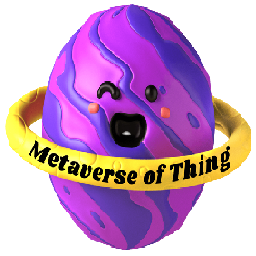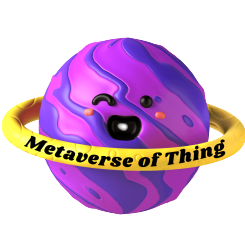Introduction
In the rapidly evolving digital landscape, Non-Fungible Tokens (NFTs) have emerged as a groundbreaking phenomenon, reshaping how we perceive ownership and value in the digital realm. As NFTs gain prominence in various sectors, including art, gaming, and digital collectibles, the issue of identity verification becomes increasingly critical. This article delves into the intersection of NFTs and identity verification, exploring the challenges and opportunities this convergence presents.
Understanding NFTs
NFTs are unique digital assets verified using blockchain technology, which ensures their authenticity and ownership. Unlike cryptocurrencies, NFTs are not interchangeable, making them ideal for representing one-of-a-kind items like digital art, rare collectibles, or exclusive digital content. The blockchain ledger records every transaction associated with an NFT, providing a transparent history of its ownership and provenance.
The Importance of Identity Verification in the NFT Space
- Authenticity and Provenance: For NFTs, particularly in the art world, verifying the identity of creators and sellers is crucial. It ensures the authenticity of the digital asset and its provenance, which is vital for maintaining the value and trust in the NFT market.
- Preventing Fraud: The digital nature of NFTs makes them susceptible to fraud. Robust identity verification processes can help prevent scams, such as counterfeit NFTs or impersonation of creators.
- Regulatory Compliance: As the NFT market grows, it is likely to attract more regulatory attention, particularly concerning anti-money laundering (AML) and know-your-customer (KYC) regulations. Implementing identity verification processes will be essential for NFT platforms to comply with these legal requirements.
Challenges in Implementing Identity Verification for NFTs
- Balancing Anonymity and Transparency: One of the appeals of blockchain is the anonymity it offers. However, this can be at odds with the need for transparency and accountability in identity verification. Finding a balance between these aspects is a significant challenge for the NFT ecosystem.
- Technological Integration: Integrating identity verification processes into blockchain platforms, which are decentralized by nature, presents technical challenges. Ensuring these processes are secure, efficient, and user-friendly is crucial for their adoption.
- Global and Diverse Market: The NFT market is global, involving participants from various jurisdictions with different regulatory standards. Developing a universal standard for identity verification that accommodates these diverse requirements is complex.
Technological Solutions for Identity Verification in NFTs
- Biometric Verification: Implementing biometric verification methods, such as facial recognition or fingerprint scanning, can provide a secure and user-friendly solution for verifying identities in the NFT space.
- Decentralized Identity Solutions: Leveraging blockchain technology itself, decentralized identity solutions can offer a way to verify identities while maintaining user privacy and control over personal data.
- AI and Machine Learning: These technologies can be employed to automate and enhance the accuracy of identity verification processes, analyzing data patterns to detect fraudulent activities.
The Future of Identity Verification in NFTs
As the NFT market continues to expand and evolve, the role of identity verification will become increasingly vital. Future developments may include more sophisticated biometric solutions, the integration of AI for real-time verification, and the adoption of decentralized identity standards. These advancements will likely enhance the security and integrity of the NFT market, fostering trust and confidence among users.
Conclusion
The integration of identity verification in the NFT ecosystem is a crucial step towards establishing a secure, trustworthy, and compliant digital asset market. As NFTs continue to challenge traditional notions of ownership and value in the digital world, ensuring the authenticity and legitimacy of these assets through robust identity verification will be paramount. The future of NFTs is intertwined with the advancement of identity verification technologies, promising a more secure and reliable digital asset landscape.

